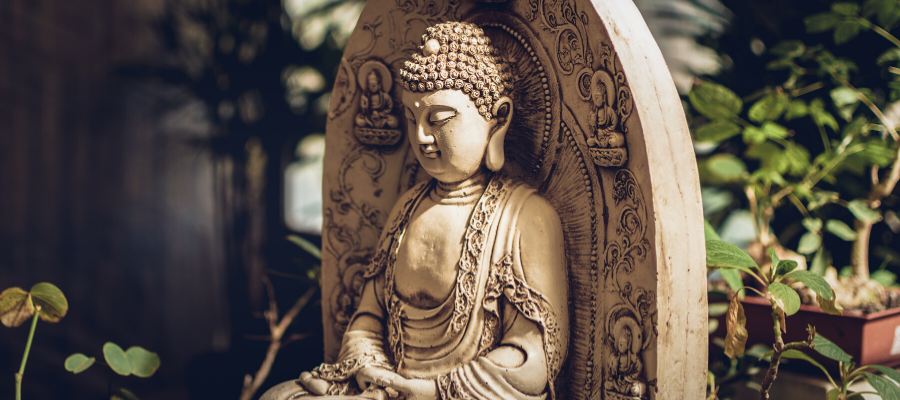The Self
Feb 24, 2013What is a self? Merely a human being? Or perhaps a soul? Hume claimed he could not find a self when he looked within, only a succession of impressions.

Why do many of us assume that Buddhism and science are polar opposites—that Buddhist teachings are so paradoxical and mysterious they are not even meant to be understood? Is it possible instead that the teachings of Buddhism actually far predate certain scientific conclusions the West is just now discovering? What can be said about the scientific verifiability of Buddhism?
This article by Robert Wright on The New York Times philosophy blog, The Stone, takes a stab at vindicating Buddhism in this way: https://www.nytimes.com/2017/11/06/opinion/buddhism-western-philosophy.html
Comments (2)
MJA
Saturday, December 9, 2017 -- 7:24 AM
Science has been reduced to aScience has been reduced to a single simple truth, that unifying truth is One. Buddha is One. Be One, =
Harold G. Neuman
Tuesday, December 12, 2017 -- 12:47 PM
I don't believe that scienceI don't believe that science is polarity opposite to any religious OR philosophical system of thought. The reason for my conclusion rests, in part, on the notion proposed by Stephen Jay Gould a number of years ago. He was soundly ridiculed by some thinkers at the time, but to myself and some others, his proposal made perfectly good sense. He said that science and religion were NOMA, non-overlapping magisteria. By this he meant that they are independent of one another and the precepts, tenets and, if we will, rules of one have nothing to do with those of the other. It made sense when he first brought it forward, and, nothing has changed, as far as I can detect...